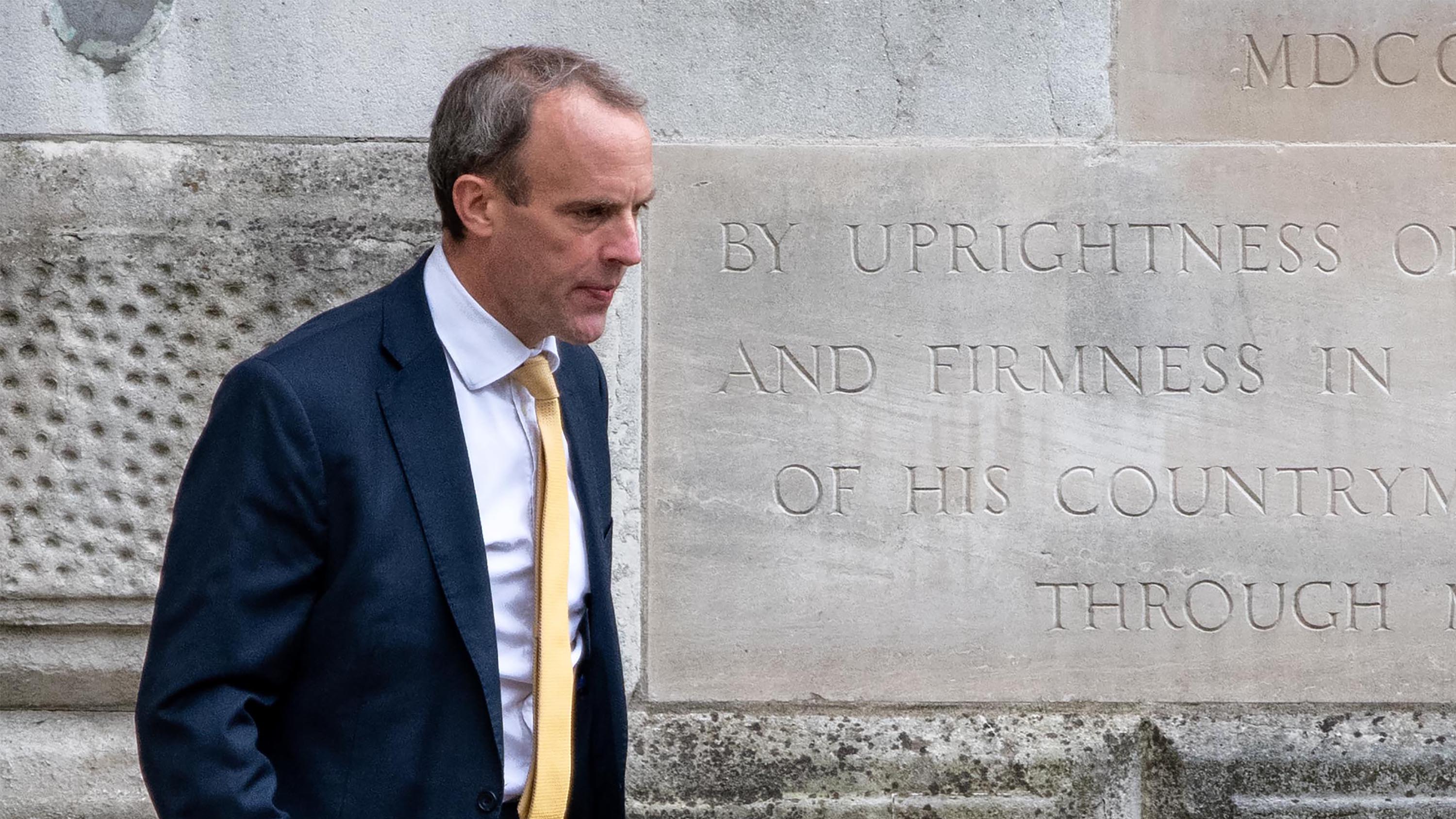President Biden’s forceful delivery of his remarks on Afghanistan was intentional. So was the lengthy nature of the speech. So was the clear and calculated effort to pull back from the chaos of the 17 days prior and shift the focus on Biden’s broader foreign policy goals.
Biden’s remarks served as an effort to punctuate the end of two decades of war and the underscore a decision Biden never wavered from.
But it was also a clear, if implicit, signal that the White House would be publicly moving its clear focus to the domestic challenges at hand in the days ahead, according to multiple administration officials.
The administration is closely monitoring the aftermath of Hurricane Ida, where Biden has deployed federal resources in the last several days. Biden is likely to visit the Gulf Coast at some point in the days ahead, officials said, once it becomes clear his presence won’t interfere with relief efforts.
The battle against the surge of the Covid-19 Delta variant still looms inside the White House as the largest challenge the administration faces, particularly as millions of children head back to schools.
Officials also say Biden plans to shift back to an intensive focus on selling his $4 trillion domestic legislative agenda as it enters its most critical phase on Capitol Hill in the coming days.
Biden and his top advisers viewed the day after the final U.S. military plane lifted off from Hamid Karzai airport as a moment for Biden step away from the litigation of the chaotic and bloody evacuation.
There would be no acknowledgement of failures or mistakes. Instead, it would serve as the most detailed encapsulation of Biden’s broader foreign policy vision that he’s delivered in months.
They targeted the intentionally longer, broader remarks at a majority of the country that has long been in favor of pulling out of the war.
The speech was, as described by one official, a “a clear reminder to the public of the bigger picture” – one Biden intensely believes carries a wide swath of support inside the country.
Still, officials acknowledge there are still significant challenges ahead.
The diplomatic discussions over securing safe passage out of the country for the more than 100 American citizens who want to leave and remain have not reached any conclusion. U.S. officials are still grappling with trying to secure clear assurances Afghan allies can also leave – a possibility that has drawn significant skepticism and concern from both parties on Capitol Hill.
Of the Americans that remain in the country, sources say they represent the most complex cases US officials were seeking to manage in the final days. Most were dual citizens, often long-time residents of Afghanistan, who wavered on whether to leave until the final moments out of concern for leaving extended family.
In the wake of the terror attack at the Kabul airport that killed 13 US service members and scores of Afghans, other American citizens chose to halt their efforts to depart out of fear, sources said.
Officials describe the efforts to ensure safe passage for those citizens as “intensive” as the diplomatic phase of the operation kicks into gear.
